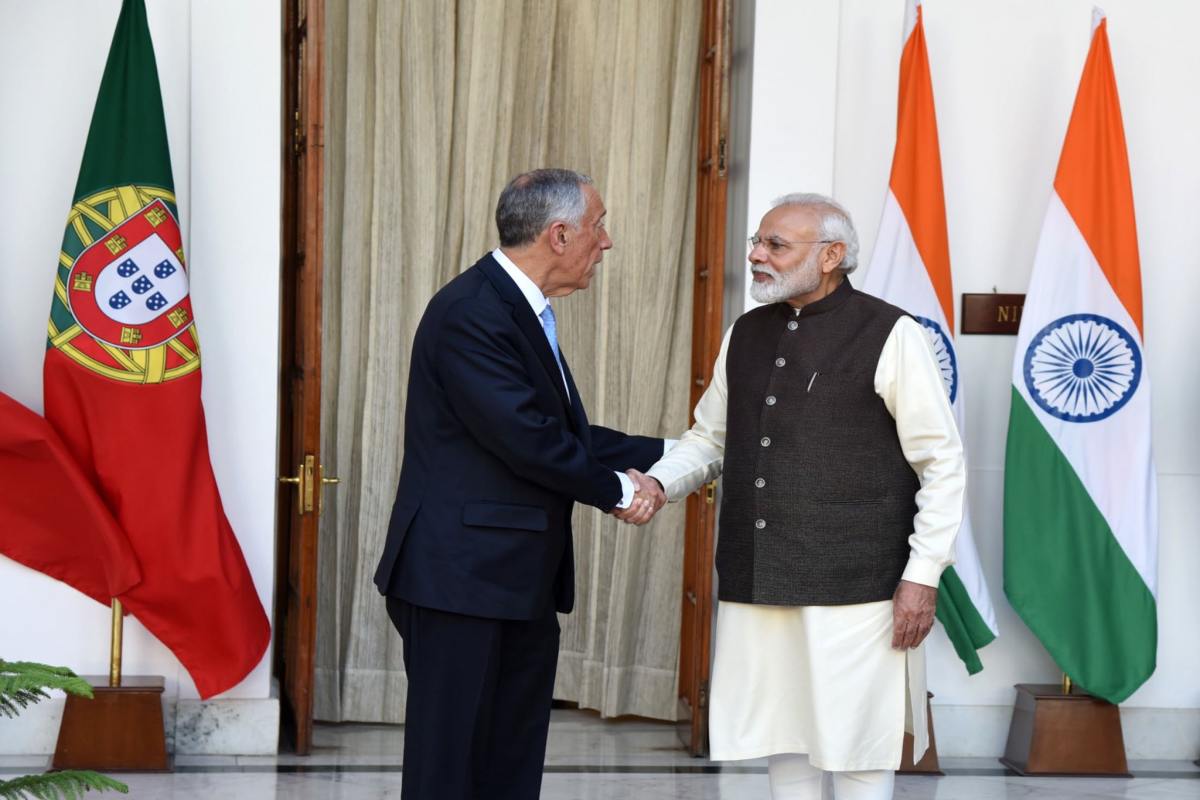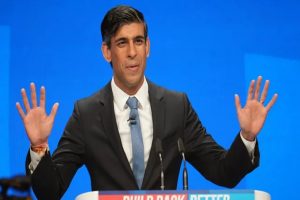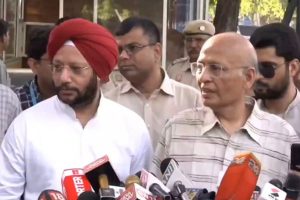On close reflection, the re-election of Marcelo Rebelo de Sousa as Portugal’s centre-right President isn’t quite the conspicuous feature of Sunday’s outcome though any conclusion ought to be tempered with the reality that he has secured 61 per cent of the vote.
Politically, no less important are the electoral gains of the far-right, which till recently had no real presence in Europe, let alone Portugal. (The same cannot be said of Austria, however.)
Though Sousa has been re-elected to a second term in office, the election has confirmed the rise of a far-right politician who had formed his party less than two years ago. Extraordinary were the circumstances of the election. The co-relation between electoral politics and public health would suggest that the government in Lisbon had renewed the lockdown as a new wave of the coronavirus threatened to overwhelm hospitals, almost in the manner of Britain.
Advertisement
The Socialist candidate, Ana Gomes, won about 13 per cent of the vote, just ahead of André Ventura, a far-right, ultranationalist candidate who got almost 12 per cent of the vote, according to the results. Ventura’s performance indicates that he has emerged as a force in Portugal.
His anti-migration campaign and other demands in large part mirror those of more longstanding far-right politicians, pre-eminently Marine Le Pen of France. At 72, Sousa appeared a strong favourite to be re-elected as President. In Portugal; the role of the Head of State is secondary to that of the government, which is led by the Prime Minister, António Costa, a Socialist. Not that the President is a ceremonial figure; he does have a role over foreign policy and national security as commander of the armed forces, and possesses as well as the power to dissolve Parliament ~ like the Prime Minister of Nepal ~ and veto certain legislation.
Ventura, 38, a lawyer by training who first gained fame as a soccer commentator, was the first lawmaker to win a seat in Parliament for his newly formed party, Chega, which means “enough.”
Until that victory in 2019, Portugal had long stood out in Europe for not having a far-right presence in its legislature. The fact that the far-right has now established a foothold in the country will be recorded as a critical facet of the presidential election.
Second, in psephological terms and percentage points, Sousa is far, far ahead of his rivals. His victory, specifically the renewed mandate are suitably convincing, but he will have to contend with emergence of the far-right, a phenomenon that has made Portugal fairly conspicuous in Europe.
In the days ahead, Mr Sousa will need to decide whether to approve or block a recent law passed by lawmakers but opposed by the Catholic Church permitting euthanasia and physician-assisted suicide. The President could also seek a review of the law by Portugal’s Constitutional Court.
Advertisement











